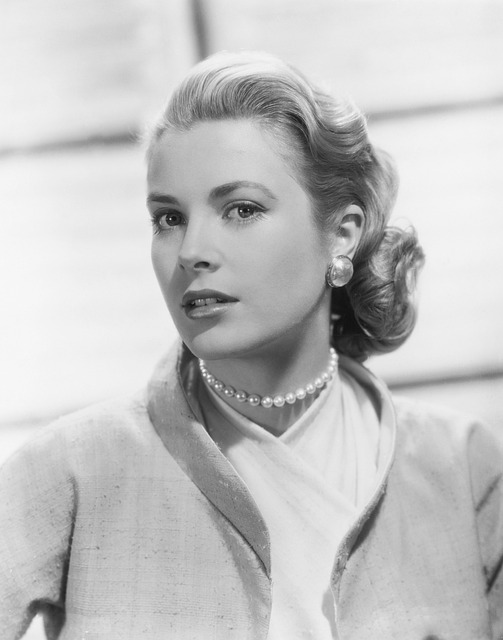Years ago, while attending college in the South, I slept with someone famous. Not some minor star, either. A woman viciously, ubiquitously renowned. An icon. The logistics surrounding our coupling (library basement, rooftop bar, etc.) were so absurd they’ve become irrelevant in relation to the event itself. What matters is that we spent a single night together, after which she left town, and we never saw each other again. Such an opportunity should never have come to a zero like me, but it did, and afterwards I carried the memory like contraband through the gray corridors of my future.
Philosophers wonder about the tree that falls in the forest with no one around to hear it, but writers carry their own dilemma–mainly, is a story still a story if you never share it? I thought about this in the years that followed. Aside from being an alcoholic and working one worthless job after another, thinking was about all I could manage during those years.
When you have a story, you look for chances to tell it, and the chances to tell this one were endless. She was everywhere, and everyone knew her, and nothing I could conjure up in the greasy pages of a notebook came close to the story of that night. Yet, I refused. The mere thought of sharing it with anyone, even a close friend, felt–what? Not wrong. Just untimely. It was as if the memory of that night, which had swelled in my mind to the size of a galaxy, deserved a moment spacious enough to properly accommodate it. When such a moment never materializes, you are left with an ugly pair of options: spill your blood at the wrong time, or don’t spill it at all. I chose the latter.
Hardest were the nights when I would watch a movie with friends, and she would appear on the screen. Everyone would rave about how beautiful she was, and how all her films were breathtaking. I would burn on those nights, staring at her face and remembering everything. It felt cowardly to sit there and say nothing, but it felt disgusting to even imagine you clearing your throat and saying, “You know, there was this time, back in college…”
Understand: I’m no prude. Neither am I some nostalgia junkie, the likes of which will bury the best parts of their past simply because they feel sexier as secrets. I simply wanted the right moment and the right audience, and when it became clear those requirements did not want me, I settled for the opposite.
The opposite occurred almost twenty years later. It was a Friday night, the gray sky spitting rain, and I was in a gas station. Still an alcoholic, though somewhat improved on the job front, I was waiting in line to buy a box of beer. If I could secure the beer and get home, it was possible that I could forget a few things (mainly: myself) before Monday arrived and the whole sad mess looped back on itself. I was almost to the front of the line when someone gasped and I looked up to see the television behind the counter lit up with the news that a celebrity had died in a tragic accident. It was her–my star.
Everyone in the store just stood there, soaked through from the rain and clutching our dumb goods. We were suddenly sad and immensely bewildered. In her picture, she was smiling. She looked perfect, as always. She wasn’t young, just too young to die.
The clerk, an elderly man, covered his mouth and said, Not her.
The woman in front of me was holding the hand of her young daughter. She drew the girl into a hug and whispered something reverential. Then, for reasons having to do with the South and its strange network of assumed intimacies, this mother turned and looked directly into my eyes, as if expecting me to ease her grief by saying something tender. These moments come, and you think you’ll be ready for them, but I have never been ready for anything in my life, which is why I pointed at the television and told a story twenty years in the making. I whispered, I fucked her.
The mother recoiled as if I had threatened her with violence. She clutched her daughter as if guarding her from a wild animal. Her slate eyes burned, and it wasn’t just discomfort that she felt towards me–it was disgust. If there had been a law against hearing a truth that didn’t suit you, she would’ve pulled out her phone and called the police.
What did you just say? she asked me, loud enough to invite the other customers into our altercation.
I had finally told my story, and now I felt nauseous that this stranger was the audience I had been waiting for all these years. I felt sick, and I felt sad, but I said nothing, and instead I just looked into her eyes, which had narrowed into fractious little slits. Then I returned to the television, where the icon’s husband, who was also famous and beautiful and well-loved, wept in front of a podium.
I never looked back at the mother, and she eventually turned around and completed her transaction. Then I paid for my beer and drove off into the rain, knowing that my moment had come and gone, and that I would not get another one. It was not until I got home that I allowed myself to say her name. The word is beautiful, like her, but the way it carried through the empty rooms of my house made me sorry for ever having spoken.
